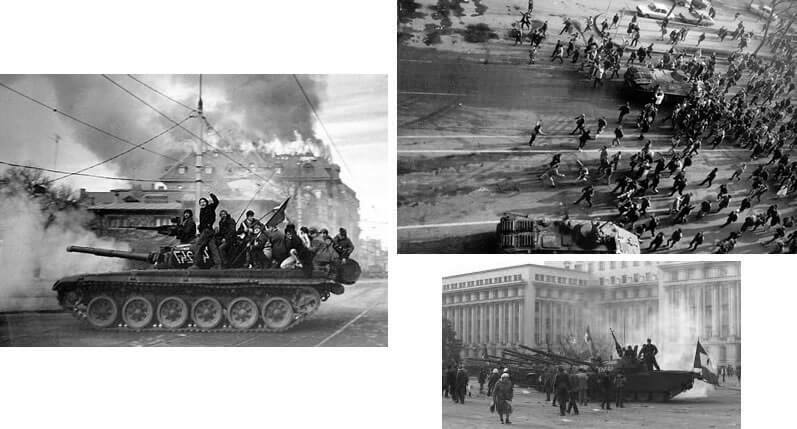Example of True or False Questions in Administration
Administration / / July 04, 2021
As an exercise in learning you can use some series of true or false questions in administration, this exercise has the function of suggesting and distinguishing things in a conductive way.
The questions can be on any topic as long as it is the subject of the study and the answer must be fast and based on knowledge, without consulting sources, being used only as a form of confirmation.
Example of true or false questions in administration:
Text from where the information is taken:
“… Decision-making is a systematic and rational process through which the optimal course of action is selected from among several alternatives. Unquestionably, making decisions is an inherent function of managers and the proper functioning of the organization depends on it. Decision-making is of great importance because it has internal repercussions in the organization in terms of profits, the product, the personnel, etc., and external since it influences suppliers, customers, environment, economy, etc. It also has a multiplier effect due to the fact that they cause implications that in turn cause effects not only in the areas of the organization but in various segments of the environment such as customers, staff and the environment economic. In this context, it is essential that decision-making is based on a logical and rational process and on a series of techniques that allow an objective assessment of the environment, costs, impacts and results…"
From this paragraph, various types of true and false questions can be elaborated.
Literal questions: In this type of question, a phrase is taken from the text, changing a word or some verb, or adding or removing a negative, to say if it is true or false:
Examples:
- Decision making is a systematic process.
- Decision making is up to the customers.
- Decision making has no impact on profits.
- Decision making is an impromptu process.
- Decision making does not influence the environment.
Conceptual questions: These are questions in which a textual phrase is not used, but rather the exposed concept, so the text is completely different, preserving only the idea.
Examples:
- Customers are affected by internal decisions.
- The environment should not influence decision making.
- Managers make the decisions.
- The organization is not affected by the decisions made.
- Decisions about costs affect customers.
Questions with paraphrases: These are questions in which we replace a word or verb with a synonym or an antonym or reverse the order of a sentence; it is a combination of literal and conceptual questions.
Examples:
Decision-making selects between several options to exclude those that are not viable.
- The external effects concern profits, production and employees.
- Objective analysis is part of the decision-making process.
- The environment is affected by the decisions of the organization.
- Costs have no influence on results



